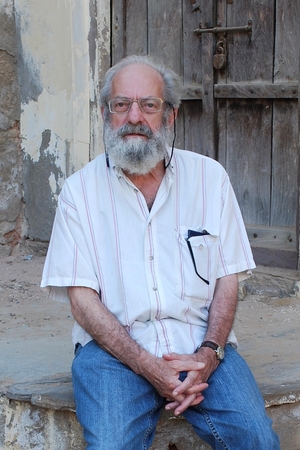Late Professor Paul Brass was a singularly devoted scholar of Indian political life, having spent 60 years in studying Indian politics at close quarters in the north India state of Uttar Pradesh. In this brilliant article, he shares a narrative of how venal endemic corruption pervade all levels of Indian politics and life in general. However, in a venal culture that values power and the desire for it over any kind of principles, Charan Singh is shown as charting his own, lonely, course - prioritising incorruptibility as a means for an effective politics.
How did Singh achieve this? Brass notes that Singh’s approach flowed from a tight control over patronage, and his conscious cultivation of an ethical public behaviour among his ardent followers. His unshakable sense of justice is seen in the case of one Mr. Jauhari, who in the months following the 1946 elections was accused of engaging in corrupt activities. A man favoured for his honesty among Congress cadres, this accusation came as a shock to many. But Charan Singh, undeterred, laid out a defence in his case by carefully investigating the ranks of the the Anti-Corruption Bureau and brought out the culture of dishonesty that percolated to its lowest ranking officers. Further investigations on the central level are seen to validate Singh’s findings.
For Brass, the Jauhari episode isn’t a mere flashpoint in Singh’s storied career but a glimpse of the leadership style he had consciously developed which privileged honesty and anti-corruption at every turn. Loyalty to his followers did not warrant suspending judgement, and he remained piercingly discerning in the face of favours and demands.
The urgency of this text on corruption and the need to engage deeply with Charan Singh’s life can’t be stressed enough in this particularly venal moment in Indian political history. Not only does Singh provide a model for the political classes, his life stresses the importance of following principled politics as a priority.
We are particularly delighted to host this paper, an early draft of which was shared by Paul Brass with the Charan Singh Archives in 2015. This was earlier published in Power and Influence in India: Bosses, Lords and Captains, a special volume edited by Pamela Price and Arild Engelsen Ruud. 2010; reproduced on this page. All copyrights belong to the respective owners.


